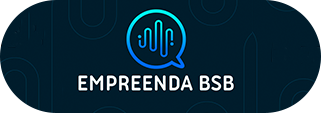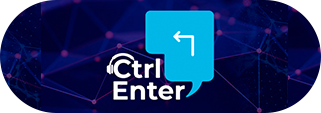Data literacy plays as important a role in the 21st century as traditional literacy did in previous centuries. In today's market, employers increasingly prefer those skilled in data science over people with higher education. Data is seen as the backbone of a company , a fundamental component for its proper functioning - and it is essential for corporations to have a team that knows how to handle and use this data correctly.
literacy is the ability to understand, work with, analyze, process and communicate using data. It is a skill that, with the correct training, can be common to workers at all levels of the company. This process involves questioning data and machines, creating knowledge about them, making decisions based on the data, and communicating these decisions and meanings to other interested parties. You see, it’s not just about understanding the data.
To be effectively educated and trained in the field, you must also cultivate the habit of questioning data and systems that don't work as they should. This process of analysis and critique is vital to data science, and is what allows the human element of critique to be indispensable. It is important to pay attention to the fact that this trend does not only govern data and analysis professions, but all others. Organizations , in general, are looking for professionals who are literate in data analysis , and are increasingly investing in programs that provide this literacy to employees who do not have the skill.
There are numerous components that make up the data literacy process. Of course, tools and technology are vital parts, but you must also learn how to think about data, knowing how to determine when it is valuable and when it is disposable. When interacting with a dataset, you must know how to manipulate it, extract reflections, and share your results with a non-specialized audience. In other words, it involves critical thinking and good storytelling skills. This vital aspect of data culture favors the cultivation of excellent analytical and communicative skills, which affect other spheres of an individual's professional and personal life, as Jordan Morrow points out in his book Be Data Literate: The Data Literacy Skills Everyone Needs to Succeed
In this way, we seek to get rid of the misconception that data literacy should only be applied to data scientists who dedicate their time to it. Quite the opposite: these skills must be developed by everyone, and more and more companies are implementing specific initiatives to overcome deficiencies in their employees' data knowledge. According to a survey conducted by Gartner , as of 2020, more than 80% of organizations will have implemented these initiatives. Why? It's simple: companies that have data-literate employees follow trends and new technologies, are able to stay relevant and leverage these skills as a competitive advantage , in addition to having several financial benefits . As explicit in the article From Data to Decisions : in the current scenario, it is crucial for organizations to adapt to the Data-Driven era
The journey to data science literacy begins with curiosity in the search for information. We seek to disseminate more and more knowledge in an accessible way on our blog: https://blog4x.4tune.ai/ , where I write and publish articles on the topic daily. To stay up to date with trends in data science in an uncomplicated and relaxed way, also follow us on Instagram: @4tune4x








